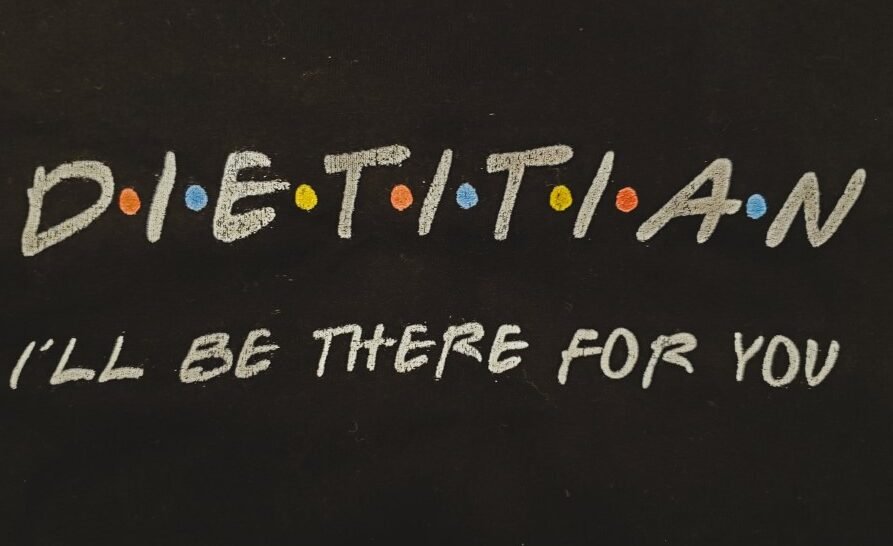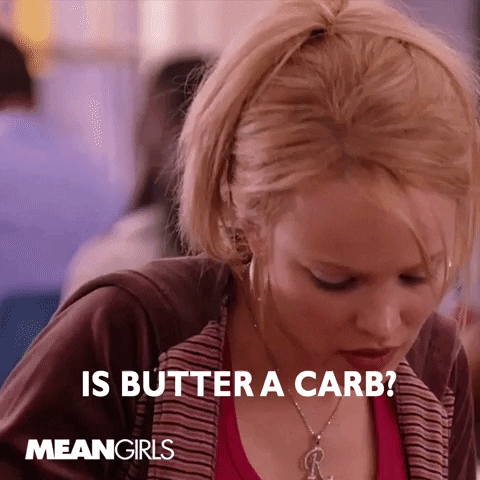You may have heard the term, food freedom or seen inspirational posts on Instagram with pictures of yummy food. But, what does food freedom mean exactly?
A Mindset
Food freedom means that all rules, diets and restrictions around food are eliminated. Our culture loves to promote fad diets and the misconception that certain foods are good and certain foods are bad. Food freedom removes boundaries around food and allows you to enjoy food without restriction, guilt or diets. This mindset brings freedom to the way we eat as well as our mental space around food. It is “freeing” to forget diets, lose the guilt and embrace whole foods!
Diet Quality not Calories
Diet quality is focusing on whole foods that nourish our bodies. This means a focus on vegetables, fruits, whole grains, beans, lean proteins and healthy fats. By incorporating a wide variety of foods into our diet including complex carbohydrates and a healthy dose of fiber, we increase our fruit and vegetable intake and make our gut microbiome happy.
No Guilt
Food freedom removes the guilt that can be associated with food. Allowing ourselves to enjoy the foods we like while focusing on diet quality over calories. Food freedom takes the stress and guilt away from food and gives you freedom to enjoy foods you like while fueling your body with high quality, whole foods. Making peace with food, is a freeing feeling!
Building Positive Perspectives
By ditching diets and restrictions around food, food freedom also builds positive perspectives around what you eat. This means nourishing ourselves with a quality diet and learning that food and eating can be enjoyable and good for you.
Are Intuitive Eating and Mindful Eating the same as Food Freedom?
Intuitive eating and mindful eating are practices that can bring you to food freedom. Intuitive Eating is based on 10 principles that include rejecting diet mentality, making peace with food and challenging the food police. Mindful eating focuses on the eating experience, encouraging experiencing your food with all five senses, no distractions while eating (i.e. television and phones), listening to your bodies ques for hunger and satiety. The principals and goals of intuitive eating and mindful eating can help you get to a place of food freedom. If you are interested in intuitive eating or mindful eating, I encourage you to find a registered dietitian who can guide you on these practices.
Curious what food freedom can do for you?
If food freedom has been on your mind and you are interested in learning more, I would love to help you on your journey. Send me a quick email or book a call with me to learn more.


